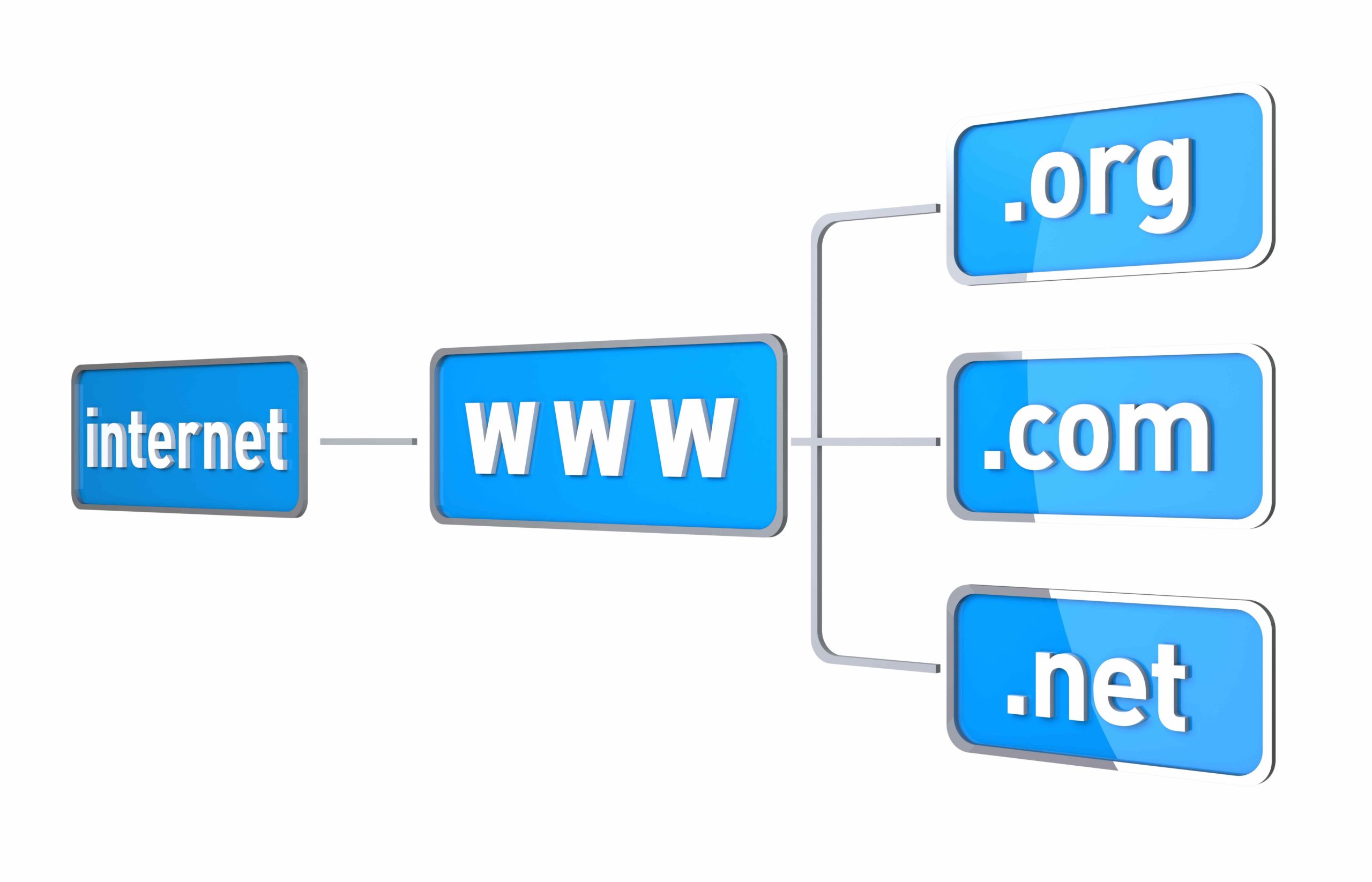
In the dynamic SEO world, one term that frequently surfaces is “contextual backlinks.”
Contextual backlinks are a powerful and strategic element in the SEO toolkit, playing a significant role in enhancing a website’s visibility and authority.
In this article, we will explore what they are, why they matter, and how you can use them to optimize your website’s performance in search engine rankings.
Defining Contextual Backlinks
Contextual backlinks are type of links placed within the content of a web page that is relevant to the content of the linked page.
The basic concept behind contextual backlinks is to improve the user experience by providing valuable, related information while signaling to search engines the content’s value and authority within a particular niche or topic.
Contextual link building is an important part of SEO and can lead to improved rankings, more traffic, and better conversions.
More about SEO backlinks learn here.
Why Contextual Backlinks Are Important
Contextual links stand out as a powerful method to boost your rankings and drive more traffic to your website. Placing a link within the context of relevant content increases the chance of it being clicked.
Google relies on contextual backlinks to assess the authority and relevance of a particular webpage. The search engine aims to ensure that the content on your site is accurate, useful, and engaging for users.
Moreover, when users click on your contextual backlinks, it sends a strong signal to Google about the value of your content, prompting the search engine to consider ranking it higher.
In essence, getting a contextual backlink from a relevant webpage is a clear message to Google that your site is valuable and trustworthy. Earning more of these high-quality links directs your pages higher up in search engine results for relevant keywords.
In short, the benefits of contextual link-building include:
- Increased rankings.
- Increased organic traffic.
- Enhanced SEO efforts.
- Greater brand visibility.
- Add credibility of social proof.
How to Get Contextual Backlinks?
Gaining contextual backlinks involves a strategic approach and proactive efforts.
Here are our tips on how to get contextual backlinks for your website:
- Choose Websites For Guest Posting: Use tools like Ahrefs, Majestic, or Moz Link Explorer to find websites in your industry that are already linking to similar content. Look for sites with a good reputation and relevance to your niche. Then, reach out to these websites and offer to contribute guest posts. This way, you can naturally include a link to your site within the article.
- Create High-Quality Content: Develop engaging and informative content on your website. Quality content is more likely to attract contextual backlinks naturally.
- Niche-Focused Authority Links: Focus on getting links from high-authority websites within your niche. While challenging to earn, these links are incredibly valuable.
- Editorial Links: Editorial links come from high-authority websites with a broad focus. News outlets like Forbes or CNN fall into this category. Keep in mind that earning these links is challenging.
- Internal Linking: Include contextual links within your own website by linking relevant pages to each other. This not only improves user experience but also adds value to your SEO.
- Blogger Outreach: Establish connections with bloggers and influencers in your industry. Ask them if they would consider including contextual links to your content when it aligns with their topics.
- Broken Link Building: Identify broken links on other websites and suggest replacing them with contextual links to your relevant content. This benefits both parties by fixing broken links and providing valuable content.
- Social Media Sharing: Share your content on social media platforms. When others share your content and include contextual links, it can contribute to the organic growth of relevant links.
- Collaborations and Partnerships: Collaborate with other businesses or websites in your niche. Incorporate contextual links in your collaborative efforts, mutually benefiting both parties.
- Create Linkable Assets: Create content that is a valuable resource in your industry. This could be infographics, guides, or tools.
- Monitor Competitors: Keep an eye on your competitors and see where they are getting contextual backlinks. Identify opportunities to approach the same sources or discover new ones.
Conclusion
Contextual backlinks are a crucial part of an effective SEO strategy and contribute to the overall credibility and authority of a website.
Remember, the key to successful contextual link-building is to offer value. Whether through high-quality content, guest posts, or collaborations, providing value to other websites increases the likelihood of them linking to your content. Be genuine in your outreach and focus on building mutually valuable relationships within your industry.

































































